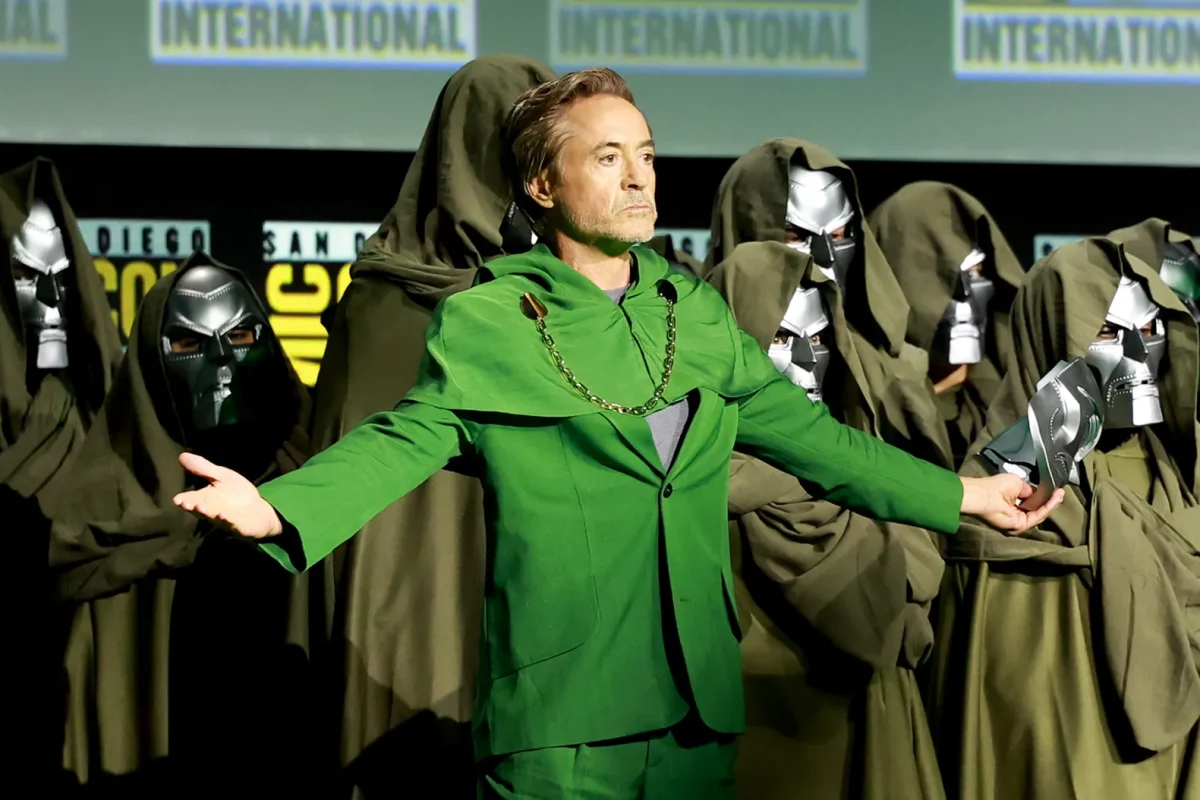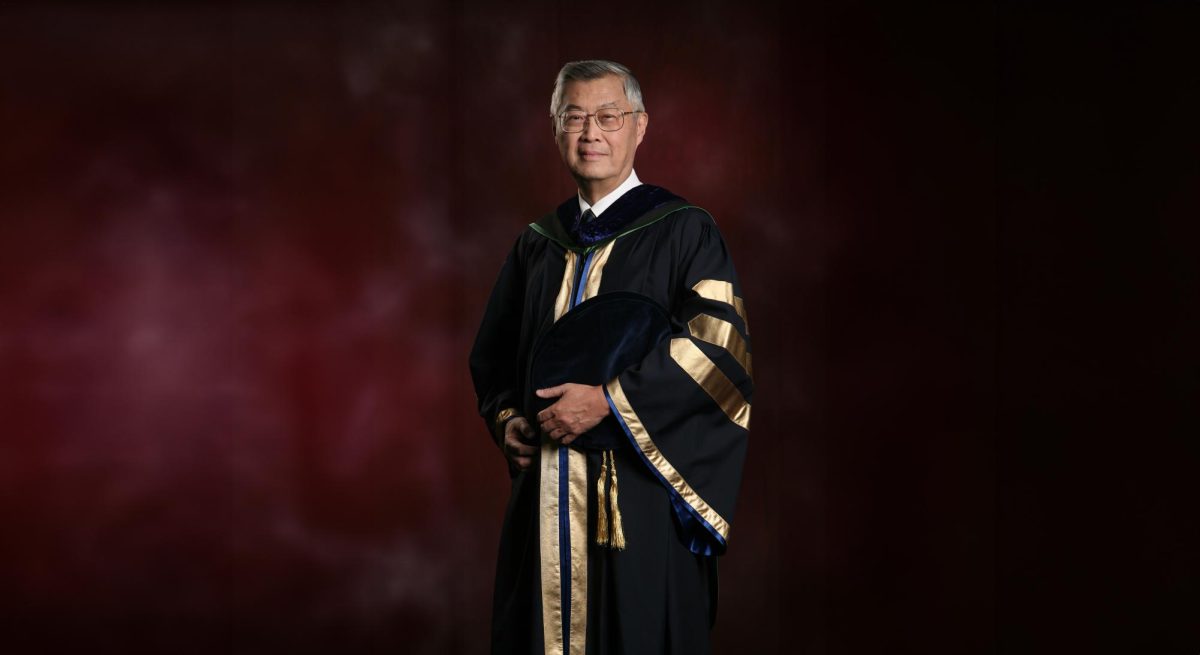San Francisco has a long history of being a diverse city, a living and breathing melting pot of civilization that honors and supports the unique eccentricities of every citizen. But with the recent influx of million-dollar startups and tech giants, the landscape has begun to change, leaving a homogenized hull of a once colorful cornucopia of culture.
A recent report by social equity group PolicyLink has indicated that San Francisco County will actually decline in demographic diversity, making it the most Caucasian-inhabited county in the Bay Area by 2040. Coincidentally, the four surrounding counties continue and are projected to maintain the status as the most ethnically diverse region in the nation.
So why is it that a city so supposedly proud of its culturally inclusive and bohemian-natured society is now becoming so white-washed after so many years of struggle for equality?
The answer may be in the inevitable change in what is often called “San Francisco Values,” which Salon.com recently attributed to generations of working-class activists and advocates whose struggles paved the way for today’s communities. But hundreds of local residents continue to flee the city due to evictions and increased rents, leaving holes in the community that are quickly being filled by younger, higher paid entrepreneurs who are willing to pay the jacked up costs.
“San Francisco is becoming a sort of precious preserve of the tourist and foodie class,” said Salon.com founder David Talbot in a recent interview. “But San Francisco used to be a city where people came not because of the hills and the trolley cars but because of the vibe. Now you have a dull city.”
Interestingly, the PolicyLink report also highlighted the steadily increasing economic inequality within the city limits. The incomes offered by the newer, more successful tech industries are widening the gap between new hires and those residents who have been struggling to make ends meet on a limited income.
We were once a thriving community, enriched in a blend of counter cultures that changed the world with music and political rallies that challenged the government. In solidarity, we marched together to the beat of the same tunes, never worrying whether or not we would still have a place to live in the coming months.
But when a director of equitable growth initiatives reports that the city’s diversity and identity as a progressive, inclusive city is seriously at-risk, suddenly the viability of survival within the city limits is up for question. Perhaps these once proud and vocal activists will resurface and once again join forces to initiate change and keep the San Francisco spirit alive.
The people of San Francisco are on the verge of a major transition, not solely based on the thinning out of people of color, but also because the rapidly increasing success of companies who employ young persons who have new values and new interests in which they choose to invest their six-figure incomes.
If the city hopes to maintain the once rich and diverse culture to which it has become known over the years, the citizens must strive for ways to preserve the unique characteristics that make San Francisco what it is and should be for years to come.







